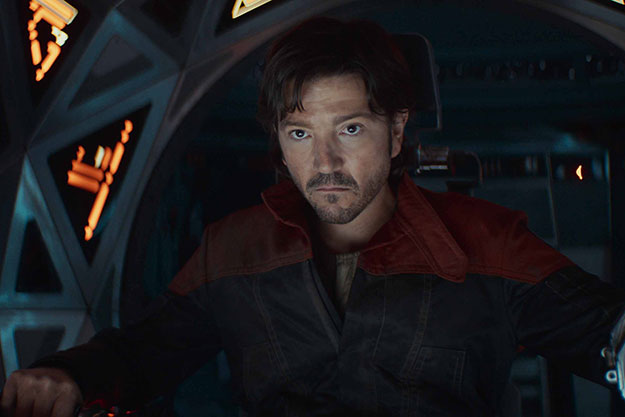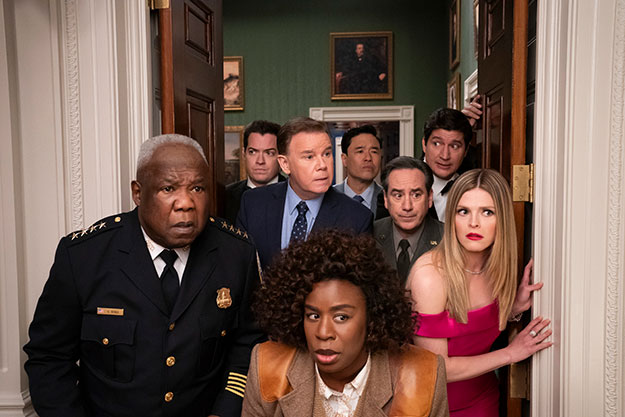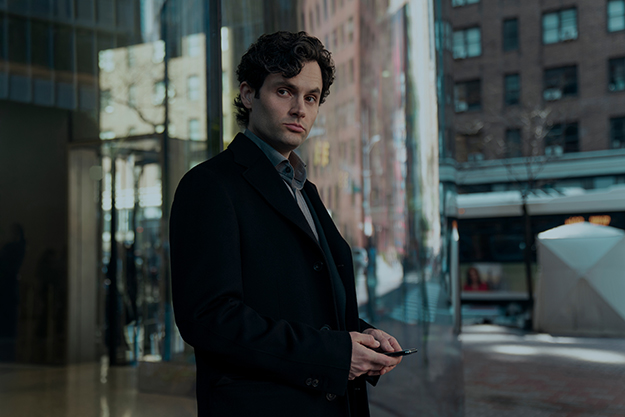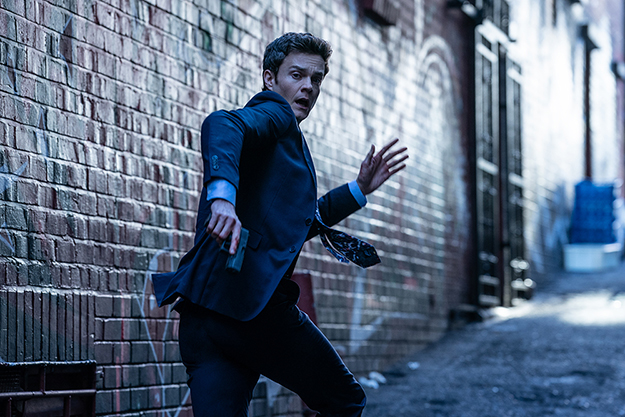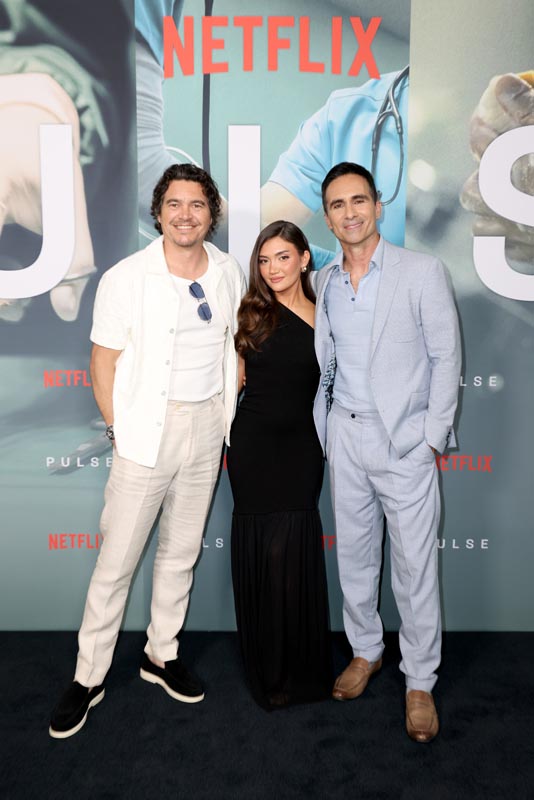Press Conference: Marvel Studios’ “Black Panther” and the Sheroes of Wakanda
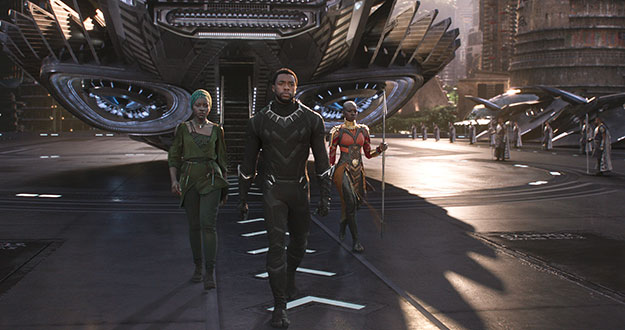
As we sat across the stars and filmmakers of the new Marvel film, we couldn't help but notice the positive response. Highlighting African culture, relationships, and societal issues, Marvel’s newest stand-alone, Black Panther is rapidly becoming a fan favorite. President of Marvel Studios, Kevin Feige told us about this new world and how following the original comics was the way to go. “Stan Lee and Jack Kirby, and the whole Marvel bullpen created Wakanda, T’Challa and Black Panther, and made him a smarter, more accomplished character than any of the other white characters in the mid 1960s. They had the guts to do that then, and the least we can do is live up to that and allow this story to be told the way it needed to be told, and not shy away from things that the Marvel founders didn’t shy away from, in the height of the Civil Rights Era.”
Joining Captain America: Civil War, Chadwick Boseman (T’Challa) already knew Black Panther was happening. On giving life to his character, he explained the importance of the African accent. “The intonations and melodies inside an African accent are just as classical as a British one or a European one, and all of the emotions and aspects of a character can be shown through that accent.” Honoring the story, characters, and African culture was essential for filmmakers, including the women of Wakanda. Danai Gurira, who plays Okoye said, “When Ryan [Coogler] sat me down and talked to me about his vision, and the story, the characters and the women, I was just floored because you don’t actually get to hear that often. You don’t actually get sat down and hear that type of a vision. And it embodied us being women on the continent, but very developed and very complex. It was amazing.” Lupita Nyong’o, who plays Nakia added, “I’ve been waiting a long time for this, and I’m just so, so, so excited. This is a movie that we all feel a lot of ownership of and that we thoroughly enjoyed making.”
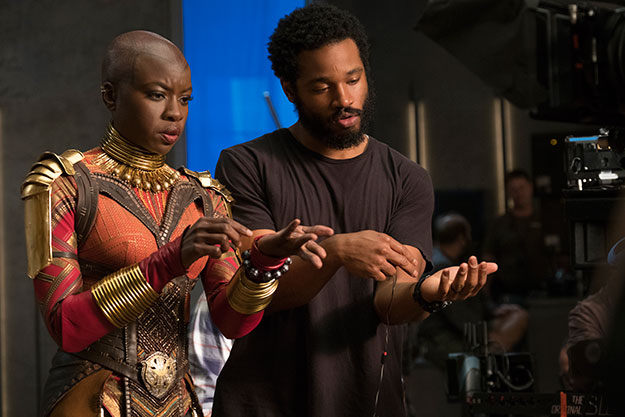
The women of Wakanda had physical training. They also had to shave their heads. Danai confessed it did take some time getting use to, but agrees it was worth every moment. “I had a ‘fro, and then it happened... I’d go into the restroom to wash my hands, look up and go, ‘What the?’ It took a few days and then all the girls started coming in. We were all balded, one by one, and then the pride started to grow. It was about embracing the symbol of power in these women and the beauty of that moment. I loved that moment where she doesn’t want a wig. She doesn’t want to cover up. This is her joy and her pride, walking in with that bald head and that tattoo on it. It’s so subversive, in the right way. You don’t have to have hair to be beautiful. There are so many great things I could say about how Ryan developed these women characters and allowed us to collaborate. I just feel really blessed and excited about it.”
An important element in the film is the acceptance of roles from both male and females. Shuri, Letitia Wright’s character, brings a fresh and youthful energy to the story. “What I love about it is that the men are always behind the women. No one is undermined by the men.” Shuri’s the cool sister who is into technology and math, and is encouraged to be herself and bring her ideas. “That’s the mentality of the king, and that’s brilliant. Everybody’s got their own lane.”
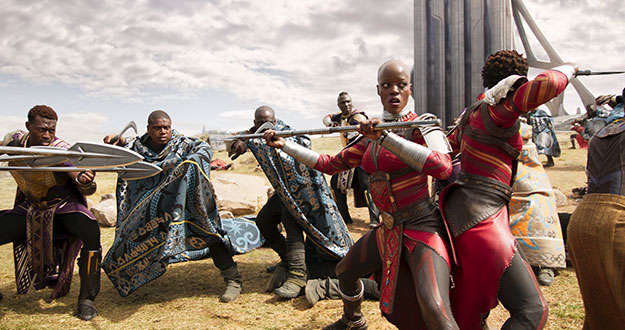
But the women of Wakanda are not just in front of the camera. “This film has involvement from brilliant women, all over it, from start to finish. Kevin’s right hand is Louis D’Esposito, but his left hand is Victoria Alonso, who is amazing,” said director Ryan Coogler. “She was there from day one. We just hired the best person for the job. The women weren’t hired because they were women. They were hired because they were the best for the job. That was our cinematographer, Rachel Morrison, our costume designer, Ruth Carter, our production designer, Hannah Beachler, and our assistant director, Lisa Satriano. In post-production, the film was edited by Michael Shawver and Debbie Berman, who is from South Africa.” He concluded, “Half the population is women, and it was there constantly and in full effect.”
Full of color, action and originality, Black Panther highlights individuality. Lupita Nyong'o said it best. “We hold our own space without being pitted against each other, and I think that’s a very, very powerful message to send to children, both male and female.”
Black Panther opens in theaters Friday, February 16.






